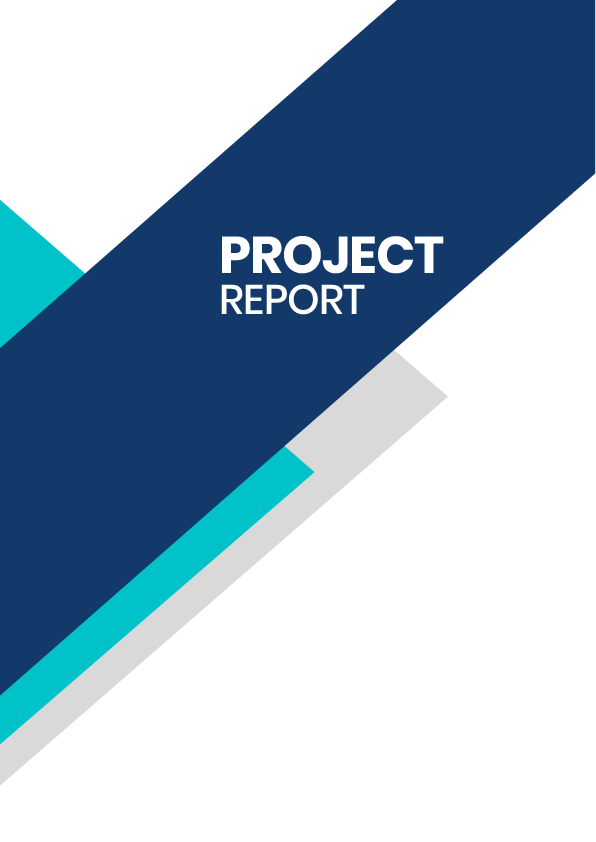Related Keywords
- Sandalwood Essential Oil
- Pure Sandal Oil
- Chandan Oil
- Sandalwood Extract
- चंदन का तेल
- चंदन अर्क
Market Landscape & Feasibility of Sandalwood Oil
- You can supply sandalwood oil to a ₹5,000 crore global market for fragrances, skincare, and medicines, growing 5% yearly as companies demand more.
- You can sell organic sandalwood oil for ₹11,000-₹16,000 per kg, earning 20% extra, with natural product sales rising 10% in 2025.
- You can benefit from India’s 70% hold on sandalwood oil, exporting ₹1,200 crore annually to Europe and the USA, despite new farms elsewhere.
- You can use sustainable methods like drip irrigation, cutting water use by 30%, and ethical sourcing gains 15% more customer confidence.
- You can plant 400 sandalwood trees per acre, but India has just 5,000 hectares, so you grow host trees like neem to support them.
- You can secure permits from forest departments, as sandalwood is protected, avoiding ₹5 lakh penalties by sticking to legal rules.
- You can invest ₹18-28 lakh per acre for land (₹9 lakh), saplings (₹2 lakh), distillation unit (₹7 lakh), and labor (₹2 lakh yearly).
- You can master distillation and pest management, using steam units and sheds costing ₹6-9 lakh, needing 1-2 trained workers.
- You can prevent theft with guards and fences (₹45,000 yearly), plant quick crops since trees take 15-20 years, and follow laws to stay safe.
Entrepreneurial Benefits & Profitability of Sandalwood Oil
- You can sell sandalwood oil at ₹3 lakh per liter in a ₹5,000 crore world market for fragrances and skincare.
- You can plant sandalwood trees for 12-15 years to harvest 20 kg of heartwood per tree, valued at ₹2-3 lakh each.
- You can outshine fake oils since India and Indonesia dominate real sandalwood oil, keeping rivals few.
- You can tap Pradhan Mantri Kisan Sampada Yojana funds to pay 25-35% of your setup costs.
- You can create a green brand with natural sandalwood oil, boosting sales 10% as eco-products trend in 2025.
- You can invest ₹5-7 lakh per acre over 15 years for saplings (₹50,000), workers (₹3 lakh), and water (₹1.5 lakh) to earn ₹6 crore from 200 kg of oil at ₹3 lakh per liter.
- You can gain an 800-1000% return after 15 years, turning ₹7 lakh into ₹6 crore with 400 trees per acre.
- You can produce perfumes at ₹4,800 per 100 ml or lotions at ₹1,800 per 50 g to triple profits in high-end markets.
- You can ship oil to Europe and the USA at ₹3.6 lakh per liter, 20% above local rates, with India’s exports reaching ₹1,200 crore in 2025.
Best Project Report for Sandalwood Oil Business – Get Bank-Ready in Minutes!
Need Help?
Please send a WhatsApp message to us, and our team of experts will guide you in creating a project report for bank loan.
How Finline Helps You Create a Perfect Project Report
1. Enter basic details
Simple questions about your assets and expenses.
2. Auto-calculate cost & projections
Our intelligent software calculates all financials automatically.
3. Download bank-ready PDF
Get a professional PDF report formatted for bank submission.
4. Submit for loan
Download and submit your report to banks for loan approval.
Why finline is better than competitors
- Unlimited edits
- Unlimited downloads
- Up to 10 years of projections
- Automated calculations
- Complete in 10 minutes
- No finance expertise needed
- Instant PDF generation
- Industry-specific projections
- Error-free financial statements

Frequently asked questions
Everything you need to know about the product and billing.
Finline is an online tool for creating a project report for bank loan online and see the report for free online. You only need to pay for downloading the report.
Can I change my plan later?
Yes , ofcourse you can upgrade from a lite plan to a pro at anytime.
Can I edit the report after download ? is it chargeable?
You can do unlimited edits even after download without any extra payment.
What is the ‘lite’ and ‘pro’ plan ? Is it subscription based plans?
Lite and Pro are just individual report download plans , not subscription plans.
Do I require a CA seal & Stamp for getting a loan?
Not at all, project report is a business plan about your business and it should be prepared by an entrepreneur . Nobody can predict and certify a business which is going to happen in the future.
Can I get any assistance from your team?
Yes of course, you can go to the help section in all pages were you can find chat button for seeking support.
Can I get a project report format for bank loan through Finline?
Yes! Finline provides a ready-to-use project report format for bank loan. You can create it online, see it for free, and download it instantly for your loan application. This makes your project report format for loan easy to complete in just a few steps.
Do you provide a project report format for bank loan in excel?
Yes. Finline offers a project report format for bank loan in excel that is easy to edit and customize. You can also download a project report format for loan in excel if you prefer working offline.
